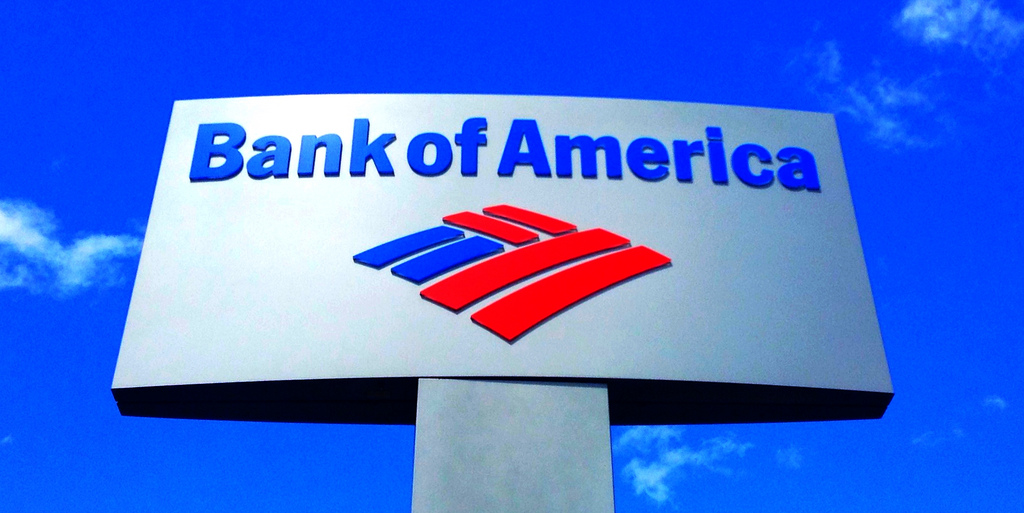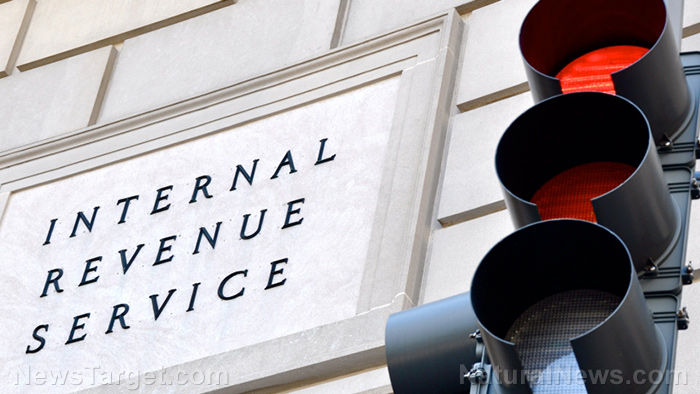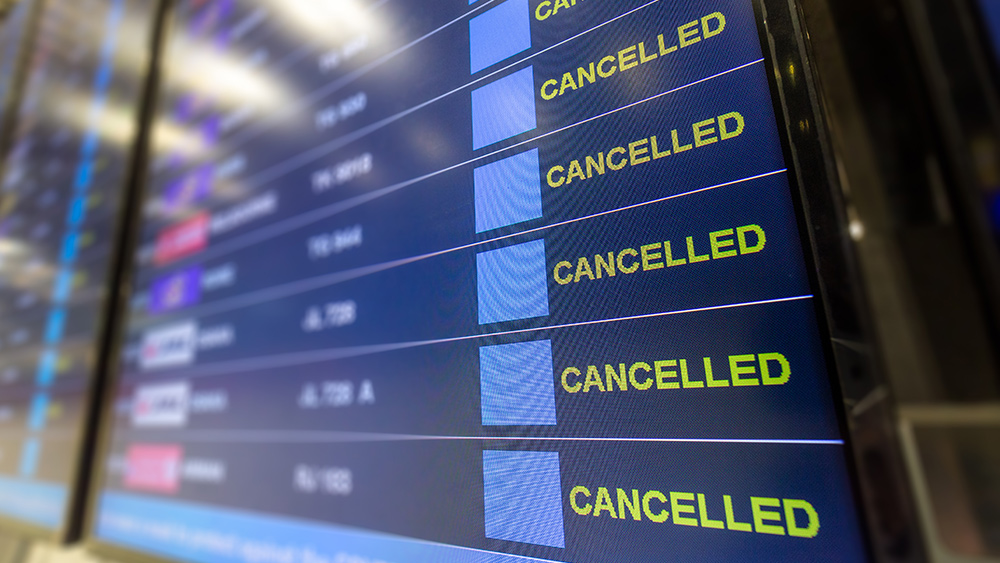DirecTV announces layoffs of hundreds of managers after large drop in subscribers
01/18/2023 / By Cassie B.

Satellite TV provider DirecTV has announced that it will be laying off hundreds of managers in response to the cord cutting trend that has seen countless customers abandon its platform in favor of alternative methods of TV viewing.
The cuts will amount to around 10 percent of their current management, with management at DirecTV somehow accounting for around half of the firm’s overall staff. Friday will be the last day of work for the employees who are affected by the cuts.
DirecTV does not publicize official subscriber numbers, but they are believed to have around 13 million subscribers right now. However, in their most recent quarter, they lost half a million subscribers in an ongoing exodus that has left them looking for ways to cut costs.
Making matters worse are the rising fees that DirecTV must pay for carrying broadcast and cable channels on their service.
DirecTV made a name for itself in 1994 when it launched the NFL Sunday Ticket package. However, after losses of around $500 million each year on the package, they decided not to continue with it. YouTube TV, meanwhile, who has been benefiting greatly from the cord cutting trend, is now shelling out $2 billion a year for NFL Sunday Ticket. However, the impending DirecTV layoffs include just a small number of employees who were involved with the Sunday Ticket offering, indicating a much larger problem with their overall business.
A spokesperson for DirecTV told CNBC: “The entire pay-TV industry is impacted by the secular decline and the increasing rates to secure and distribute programming. We’re adjusting our operations costs to align with these changes and will continue to invest in new entertainment products and service enhancements.”
DirecTV became a private standalone company in August 2021 after owner AT&T decided to spin it off and directed the platform to focus on videos. DirecTV currently operates a streaming business known as DirecTV Stream, alongside its traditional satellite business.
Next week, price hikes on DirecTV Stream will be taking effect that see its entry-level tier, which used to cost $69 a month, rise to $74 a month. It includes more than 75 channels and streaming to unlimited devices. Access to regional sports networks, meanwhile, climbed from $89 per month to $99 per month. Legacy customers are also seeing increases of anywhere from $5 to $10 month on their packages. DirecTV blamed the price hikes on networks increasing their rates at a higher pace than inflation.
Satellite TV losing favor among consumers
Satellite TV providers like DirecTV and Dish Network have been experiencing staggering losses in subscribers for their pay TV services. Although DirecTV’s subscriber based losses did slow down somewhat at the height of the pandemic, they have recently started growing again, hitting nearly 17 percent, according to MoffetNathanson.
There has also been speculation that DirecTV will merge with fellow satellite TV provider Dish Network. The chairman of Dish Network, Charlie Ergen, said that should such a move take place, it would be likely to happen in the “near term”. The firms attempted a similar merger in 2002, but on that occasion, federal regulators blocked it.
These companies have also been facing additional competition in rural areas as fixed wireless and broadband companies have been expanding their networks there. In the past, satellite TV providers were among the only ways to watch television in these areas.
At the same time, many media companies have started offering the type of content that was traditionally found on linear TV on their streaming services, including live events, sports and weekly television series. And with ongoing inflation pushing Americans to find more ways to cut costs, it is not surprising that people are increasingly turning away from services like DirecTV.
Sources for this article include:
Submit a correction >>
Tagged Under:
Bubble, Collapse, cord cutting, debt collapse, DirecTV, economic collapse, economy, entertainment, finance, Inflation, job losses, layoffs, mainstream media, market crash, money supply, risk, Satellite TV, TV
This article may contain statements that reflect the opinion of the author
RECENT NEWS & ARTICLES
COPYRIGHT © 2017 RISK NEWS




















